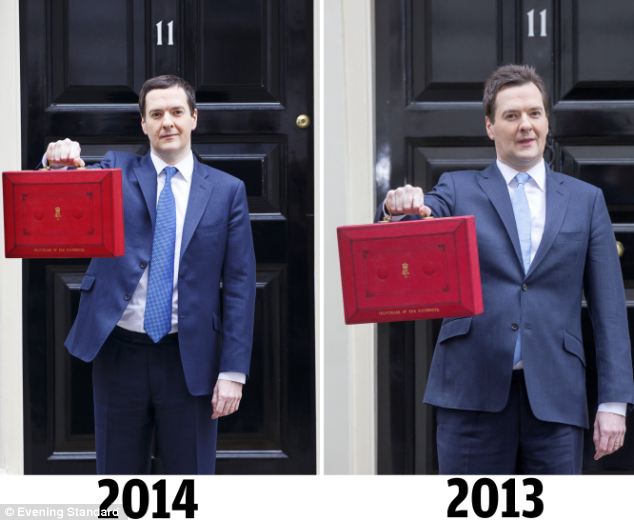I really have not paid attention to Brexit. It seemed to me as soon as the referendum result came out that one could expend a lot of mental energy to no useful purpose. I don’t watch daytime tv, so I decided not to watch Brexit either.
A few weeks ago, the former prime minister of an African country I am researching asked me what I thought about Brexit. Wanting to shut the conversation down quickly, I said: ‘Well, the population blames the politicians. But a small majority voted for the case put forward by Boris Johnson and Michael Gove. And if you vote for clowns, you get a circus. That is all I can see.’
The former prime minister said he liked this analogy so much he was going to use it in debate in his own parliament. I wished him good luck but said I still wouldn’t pay attention to Brexit until it went right down to the wire.
Well, we should be down to the wire, except that we are about to get another extension so the wire is moving again. There is really no excuse for paying attention, but I did today read a short piece of analysis by investment research firm GaveKal’s Charles Gave that is sufficiently big-picture to not be a complete waste of time. Charles is politically to the right of me, but his analysis is almost always astute:
…………..
And the Brexit Winner Is…
By Charles Gave
The root of the current Brexit mess in the UK is simple enough. The UK is a parliamentary democracy. But Conservative Party prime minister David Cameron agreed to hold a popular referendum on whether the country should remain a member of the European Union or leave. Inconveniently, the population did not vote as expected by most of members of parliament, some three-quarters of whom supported remaining in the EU. This left the UK facing a constitutional question which has yet to be resolved: Who is the real sovereign power in the UK? The people or parliament?
In line with time-honored tradition, the answer was fudged. A minority government, itself consisting largely of remain-supporting MPs, set out to negotiate a Brexit deal, knowing full well that no genuine Brexit would ever pass through the remain-supporting House of Commons. In short, the solution was to botch the negotiations in an attempt to convince the general public that getting out of Europe was impossible.
This strategy has worked remarkably well to prevent Brexit from happening—which was, of course, its main goal. But it doesn’t seem to satisfy the average voter, and especially not those who voted for Brexit in the 2016 referendum. These voters have been left with the distinct impression that they have been taken for a ride by the UK’s political class, and in particular by their representatives in parliament. And the constitutional question remains unanswered, with the average voter convinced that he or she is the real sovereign, not the House of Commons. This leaves three possible outcomes.
1) The leader of another European government—Emmanuel Macron? Matteo Salvini? Viktor Orbán?—decides to put the UK out of its misery, vetoes a further extension of the UK’s EU membership and precipitates a hard Brexit. The hard Brexiteers, embodied by Brexit Party leader Nigel Farage, get what they want and declare victory. Theresa May steps down as prime minister, and the next general election is fought along traditional lines between the Conservatives and Labour.
2) In the face of opposition from a sizable number of her own MPs, May succeeds in passing a modified version of her withdrawal agreement through the Commons thanks to Labour support. The Conservative Party splits, and the next election is contested by three main parties rather than two: (i) Labour, (ii) remain-supporting Conservatives aligned with the Liberal Democrats (and with Blairite former-Labour centrists) as the party of the men of Davos, and (iii) the hard-Brexit-supporting rump of the Conservative party, aligned with Farage’s Brexit Party and other discontents. Most likely, the Brexit Party would not put up candidates against Brexiteer Conservative MPs, focusing instead on contests against Remainer Conservatives and Labour MPs with leave-voting constituencies. In a first past the post system, the result of such a contest would be highly unpredictable. But either way, Farage’s party would gain a considerable victory, having destroyed the two-party system.
3) May either secures a lengthy extension or revokes Article 50 altogether, and the UK participates in next month’s European Parliament elections. Farage’s Brexit Party fields a full complement of candidates, capitalizing on popular discontent with the political process to win enough seats effectively to confirm the 2016 referendum result (perhaps not as unlikely as it might sound—Farage’s UK Independence Party won the largest share of the UK vote in the 2014 European Parliament election). Such a clear refutation of the government’s Brexit fudge would leave May with no popular mandate, precipitating a general election, which would leave the UK again facing outcome two.
It may seem strange, but the least dangerous of these outcomes both for the EU (and especially France) and for the UK (and especially the Conservatives) is the first scenario. Macron could assume the mantle of Charles de Gaulle, who twice vetoed UK membership of the European Economic Community, and kick the UK out of the EU for her consistent reluctance to play by European—i.e. French—rules. Such decisive action could bolster his party’s support enough to win the May European Parliament election. If so, Macron would likely dissolve France’s National Assembly in the fall and call new legislative elections to restore the legitimacy he lost to the gilets jaunes protests.
In both the second and third scenarios, the Conservative Party is finished, and will split between the hard Brexiteers and the men of Davos. The days when the likes of Jacob Rees-Mogg and Anna Soubry could both find a political home in the same party are over.
I remain convinced that if the UK is indeed expelled from Europe, it will be as much a catastrophe for the world economy as Y2K. Investors should buy sterling aggressively on any subsequent dip, and continue to sell Germany.
If either the second or third scenario unfolds, investors should not leave sizeable amounts of capital at risk in Europe. There is plenty of money to be made elsewhere. The pound would weaken markedly, since in either scenario there would be an appreciable probability that Jeremy Corbyn could become prime minister. And as Corbyn’s track record amply demonstrates, once in power he is unlikely to prove much of a friend to investors.



